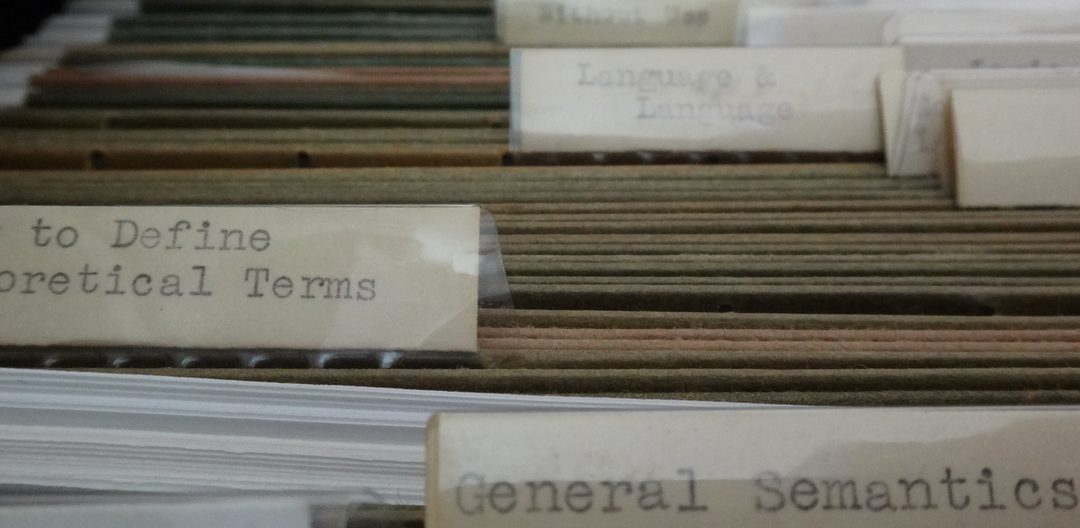March’s letter of the month concerns the general problem of scepticism. In ‘Elusive Knowledge’ Lewis came be seen as answering the sceptic by explaining in what ways we can know certain things. But he also presented a theory about how our knowledge of certain things can fail and specifically how we might be said to not know that p. In some ways, then, his theory of knowledge is a meeting of the extremes between Mooreanism and scepticism. Lewis hopes to defend Mooreanism, asserting that we do know things such as that I know that I have hands, but he also hopes to defend scepticism from the trivial Moorean.
In this letter Lewis considers the location of urbane Pyrrhonism in his theory of knowledge. His explanation is in reaction to Robert Fogelin’s work on the subject: for instance, Fogelin’s 1994 Pyrrhonian Reflections on Knowledge and Justification (Oxford University Press) and his 1997 Precis in Philosophy and Phenomenological Research, vol. 57. In Fogelin’s work, he considers the question of how epistemology would get along with a Pyrrhonist at the table. Fogelin’s answer is ‘not at all well’ (1997, p. 395).
But Lewis has a different point of view. In short, Lewis says that his theory is not intended to respond to the urbane Pyrrhonian, someone who endorses scepticism as well as scepticism about philosophy. Lewis explains that no justification in a non-question-begging manner can be offered for our beliefs. Nonetheless there is a sense, Lewis thinks, in which we can say I have justification for the belief that trees shed their leaves in October in the northern hemisphere. So our ordinary knowledge and specifically our ordinary way of speaking about knowledge is not undermined by these sorts of sceptical challenges. Finally, Lewis points out that, of course, this issue is distinct from Cartesian scepticism. Knowledge is susceptible to Cartesian scepticism, while his contextualism, interestingly, ‘takes place against a background of urbane Pyrrhonism’.


